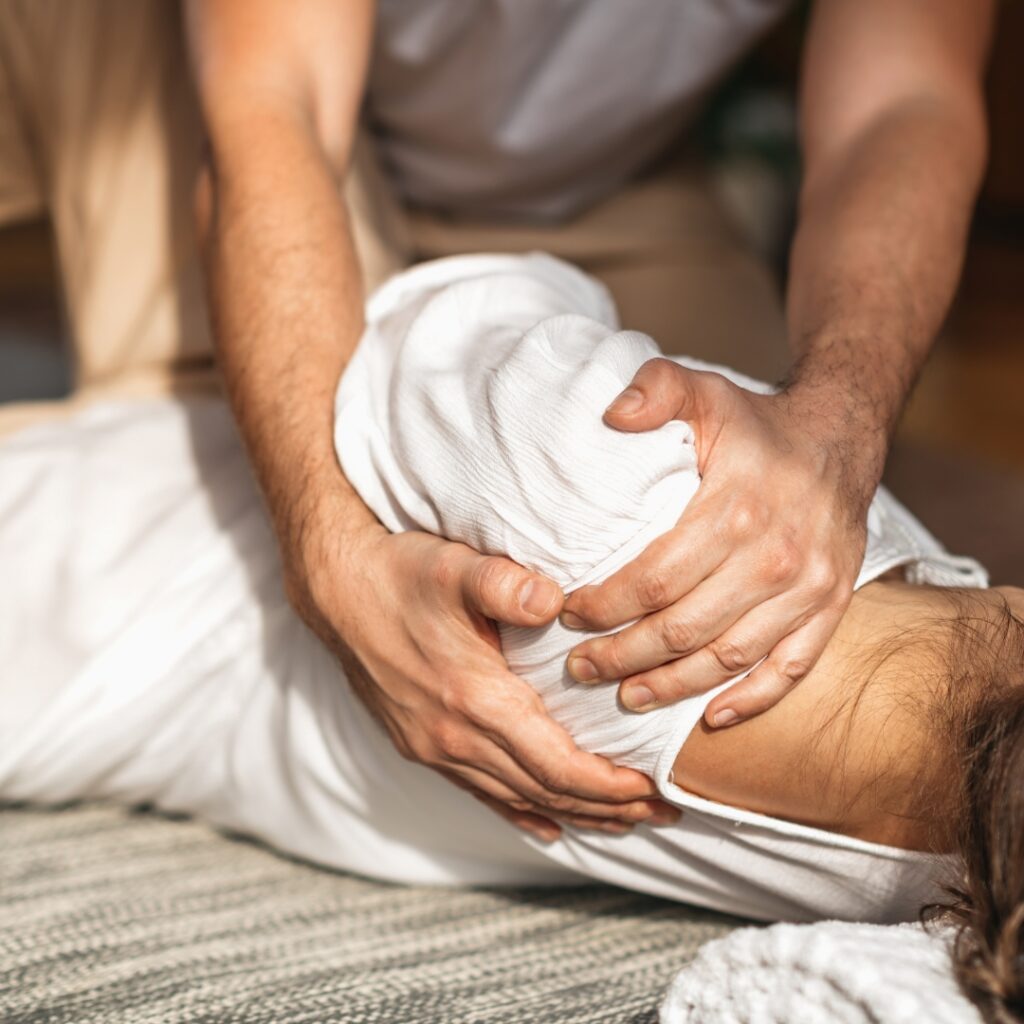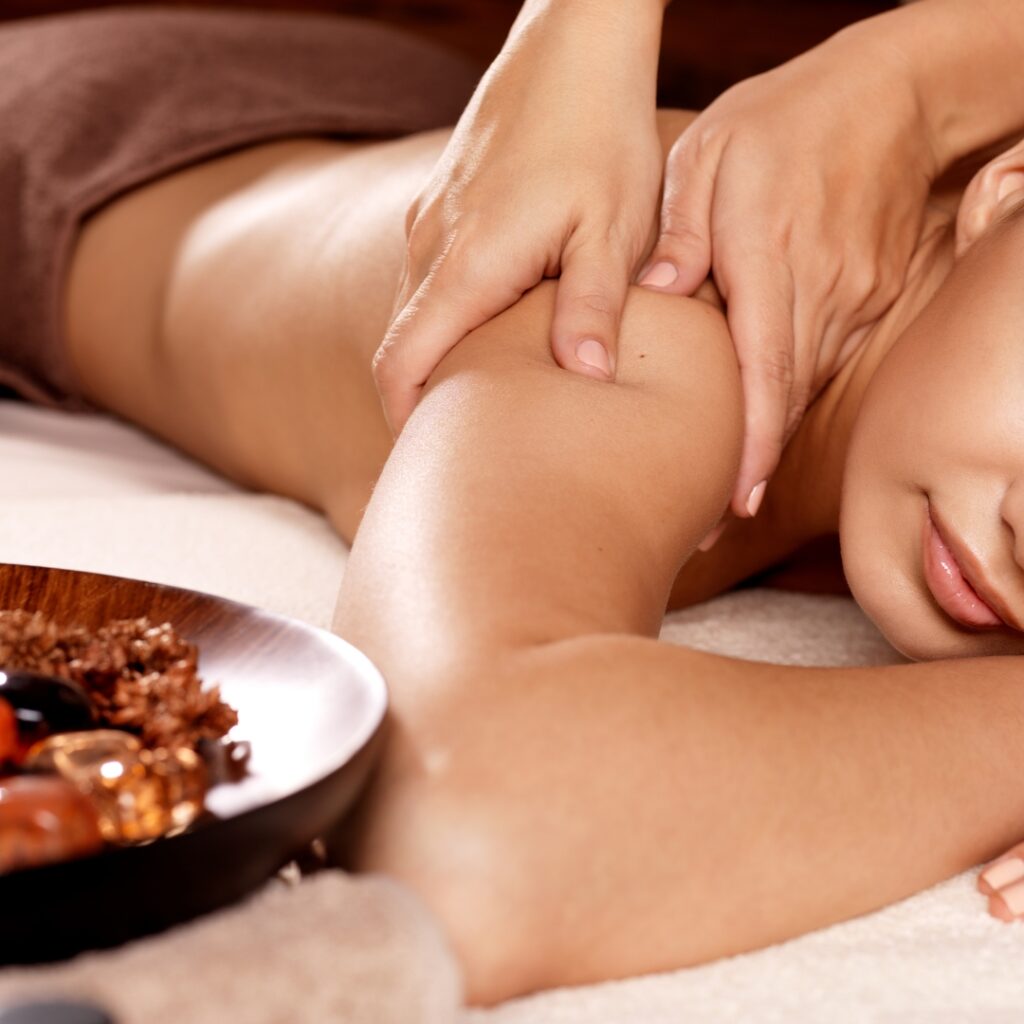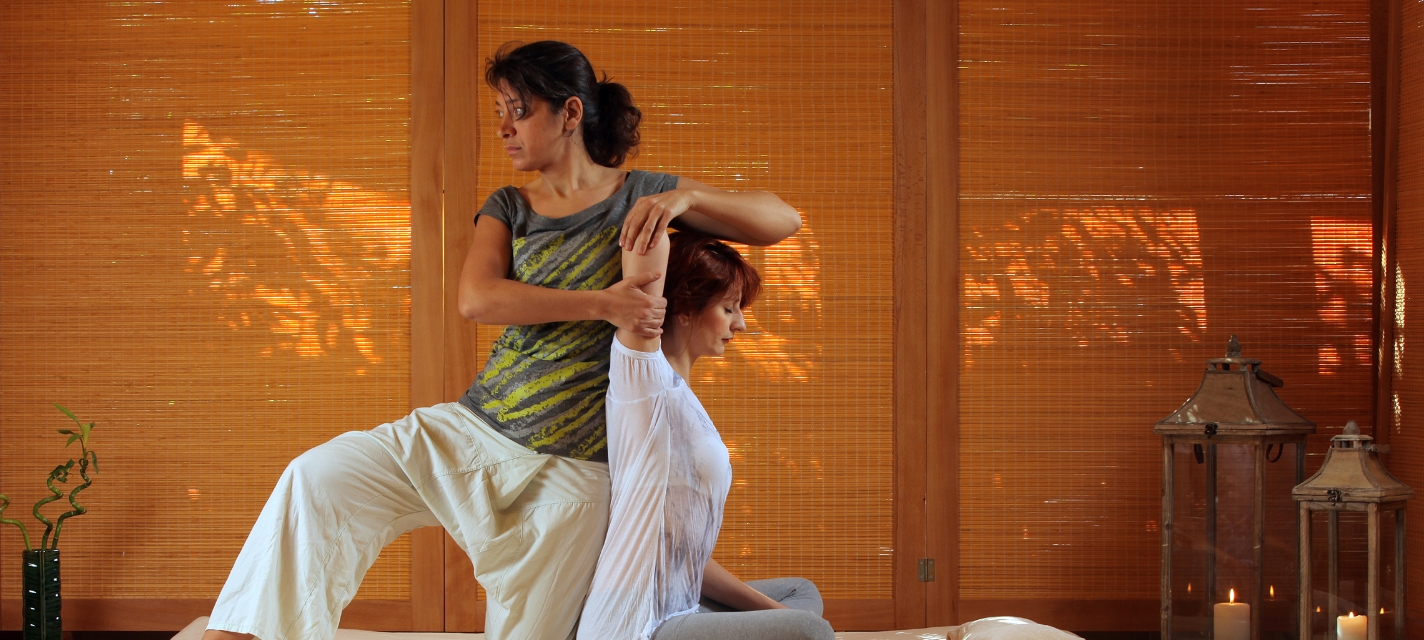General training in Thai massage is a key component in promoting the well-being of communities, both from a physical and mental health perspective. Thai massage, with its deep-rooted cultural and therapeutic value, offers many benefits not only for individual practitioners but also for the broader community. Here’s why training in Thai massage is essential for community well-being:
1. Holistic Health Benefits
Thai massage is rooted in the concept of holistic healing, focusing on balancing the body, mind, and spirit. By training individuals in Thai massage techniques, communities can benefit from a variety of therapeutic benefits such as improved circulation, reduced stress, enhanced flexibility, and relief from muscle pain. These benefits are essential in promoting overall well-being and reducing the physical and mental strain often caused by daily life and modern stressors.
2. Prevention and Pain Management
Many people in communities suffer from chronic pain, muscle tension, and stress-related issues. Thai massage is a natural and non-invasive way to address these conditions, providing a preventive approach to health. When more people are trained in Thai massage, they can help alleviate common ailments like back pain, joint discomfort, headaches, and fatigue, preventing the need for costly and often harmful medical interventions.

3. Stress Reduction and Mental Health
Mental health is increasingly recognized as a crucial aspect of overall well-being. Thai massage can help alleviate anxiety, reduce symptoms of depression, and promote relaxation. It also supports mindfulness and promotes deep relaxation through gentle, rhythmic movements and stretches. Offering general training in Thai massage equips individuals with a powerful tool to help combat the stresses and pressures of modern life, fostering better mental health for the community.
4. Building a Culture of Care
When more people in a community are trained in Thai massage, it fosters a culture of care and compassion. Thai massage is not just a physical therapy; it’s an act of giving. Individuals trained in this practice can provide care to others in their community, whether it’s for family members, friends, or clients. This strengthens social bonds and helps create a sense of shared responsibility for each other’s health and well-being.
5. Promoting Local Economy and Employment
Training in Thai massage offers opportunities for career development, especially in communities where wellness tourism or traditional therapies are popular. Certified practitioners can open their own businesses, work in wellness centers, or contribute to the growing spa and massage industries. This not only provides economic benefits but also enhances the availability of wellness services within the community.
6. Cultural Preservation and Pride
Thai massage is an integral part of Thailand’s cultural heritage, and offering general training in this practice helps preserve and promote this ancient tradition. When people learn the history, philosophy, and techniques behind Thai massage, they gain a deeper appreciation for their culture. This cultural knowledge can be passed down to future generations, fostering pride in a community’s rich traditions and promoting respect for diverse healing practices.
7. Encouraging Social Connections
Thai massage often involves close interaction between the practitioner and the recipient, creating an opportunity for social connection and emotional support. Regular sessions can foster a sense of community among individuals, providing not just physical benefits but emotional ones as well. This connection helps break down social barriers and enhances a sense of belonging, which is essential for community well-being.

8. Integrating Alternative Medicine into Healthcare
As healthcare systems around the world increasingly embrace complementary and alternative medicine, Thai massage plays an important role in integrative health practices. Training people in Thai massage techniques introduces them to the benefits of non-pharmaceutical therapies, encouraging the use of natural healing methods. This can be especially helpful in communities where access to traditional healthcare may be limited.
9. Sustainable Self-care Practices
Through Thai massage training, individuals can learn self-care techniques they can incorporate into their own daily routines. Many of the stretches and pressure point techniques used in Thai massage can be practiced on oneself, providing long-term benefits for stress relief, muscle tension, and flexibility. When members of a community are empowered with the tools to take care of their own well-being, it leads to a healthier, more self-sufficient society.
Conclusion
General training in Thai massage not only benefits individuals but also contributes to the overall well-being of the community. By promoting physical health, reducing stress, encouraging self-care, and fostering social connections, Thai massage can play an essential role in building a healthy, supportive, and compassionate community. Through accessible training, we can empower individuals with valuable skills that enhance their quality of life and contribute to the collective well-being of society.

